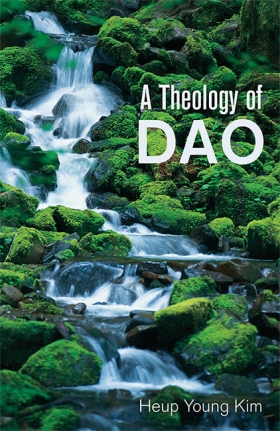
- A Theology of Dao
- A Church of the Poor
- Catholic Social Thought
- Do Not Stifle the Spirit
- The Joy of Religious Pluralism
- The Future of Interreligious Dialogue
- The Problem of Wealth
- Essential Catholic Social Thought
- The Unmoored God
- The Holy Spirit and an Evolving Church
- Creation and the Cross
- A Poor and Merciful Church
- The Catholic Ethicist in the Local Church
- Choosing Peace
- American Catholicism in the 21st Century
- Loneliness
- Virtue and Theological Ethics
- Just Water
- Experiments in Buddhist-Christian Encounter
- Christian Ministry in the Divine Milieu
- Church as Dynamic life-style
- The Election of Pope Francis
- Introduction to Catholic Theological ethics
- You Say You Want A Revolution
- Deep Incarnation
- Abuse and Cover-up
- New Paths for Interreligious Theology
- Christian Ethics
- Faith and Evolution
- Building Bridges in Sarajevo
- The Liminal Papacy of Pope Francis
- Marcus Mescher: The Ethics of Encounter
- Doing Theology in an Evolutionary Way
- Fratelli Tutti
- Christian Social Ethics
- Street Homelessness and Catholic Theological Ethics
- Deep Calls to Deep
- Pope Francis
- Breathed into wholeness
- Religious Life for our World
- La Via della Bellezza
- conscience and Catholic education
- Enacting Catholic Social Tradition
- The Authority of the Saints
- The Hidden "God"
- Globalizing Theological Education for an Increasingly Globalized Age
- Thoughts and Dreams of an Old Theologian
East Asian theological perspectives, as an antidote to Western modes of thinking, can present an alternative hermeneutic to the dualism inherited from Greek philosophy that still prevails in Western theologies. Contemporary theologies (including Asian theologies), heavily influenced by this dualism, are often divided by two macro-paradigms; namely, theo-logos (classical theology) and theo-praxis (liberationist theology).
Heup Young Kim argues for a third way, the Dao paradigm of theology, that can encompass these disparate traditions but also move beyond them into more fruitful theological, scientific, and philosophical areas of reflection.
Offering valuable insights for interreligious dialogue, Kim also addresses a number of subfields of theology including Comparative Theology, Christology, Pneumatology, Liberation Theology, and Ecclesiology.


